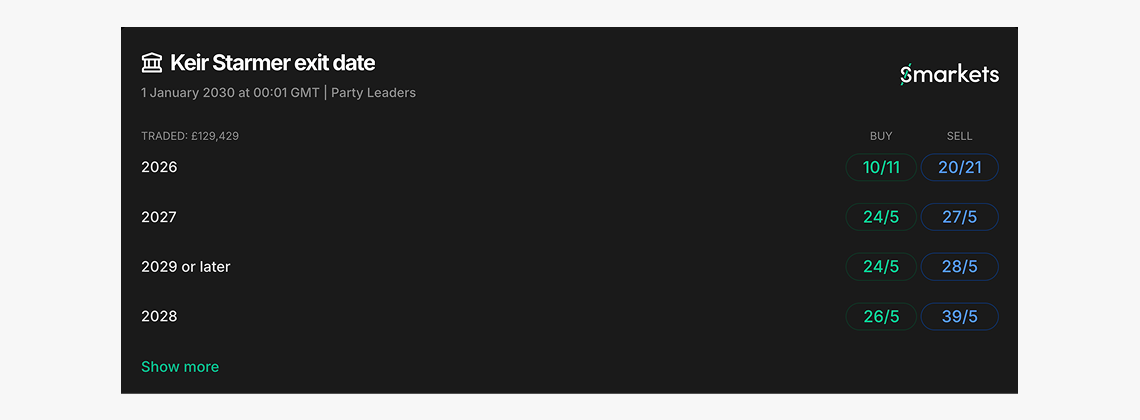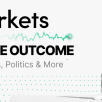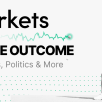
Trading Political Markets: Betting on Belief
17 November 2025
Trading political markets involves using betting exchanges and prediction platforms to speculate on the outcomes of elections, referendums, and political events. Unlike traditional sports betting, which focuses on a fixed, short-term result, political trading is driven by news flow, public opinion, and sentiment over extended periods.
The Mechanism: Backing and Laying Candidates
Political trading operates on the same Back and Lay mechanics as sports trading, where traders bet against each other, not the 'house'.
- Backing: Betting for a candidate or party to win.
- Laying: Betting against a candidate or party to win (meaning you profit if they lose or if another candidate wins).
Traders use political news to predict how the market's perception of probability will change. If a candidate is trading at high odds (low probability) and the trader believes a major event will cause those odds to drop, they will Back the candidate early. If the odds shorten (the candidate becomes more likely to win), the trader then Lays the position to lock in a profit regardless of the election's final outcome.
Drivers of Odds Volatility
Political markets lack the clear "score" of a sporting event, making them highly volatile and news-driven. Key factors that cause odds to fluctuate include:
- Polling Data: The release of major national polls or state-level polling is the most immediate trigger for market movement. Traders look for trends and discrepancies between pollsters.
- Media and Campaign Events: Performance in televised debates, viral moments on social media, or a major policy U-turn can instantly shift public perception and market prices.
- Geopolitical Events: Unexpected global or domestic crises can drastically change a sitting politician's or incumbent party's odds.
Savvy traders don't just react to the news; they anticipate how the market will overreact to the news. For instance, they may Lay a candidate whose odds have dramatically shortened following a minor poll boost, believing the price is now overvalued.
Long-Term Strategy: Trading the Narrative
Political trading often resembles long-term futures trading. Events such as a Presidential Election can be traded for years.
- Trading Inefficiencies: Opportunities exist because the public tends to discount new information too slowly or overreact emotionally. Traders capitalize on these inefficiencies, taking a position when the market sentiment is at an extreme.
- Predicting the Unpredictable: Unlike in sports, political traders must factor in phenomena like the "Shy Voter" effect—where voters are reluctant to honestly tell pollsters their intentions, leading to misleading data that traders can exploit by betting against the polls.
The ultimate aim remains to Buy Low and Sell High, or Lay Low and Buy High, on the probability of a political event occurring.
17 November 2025


